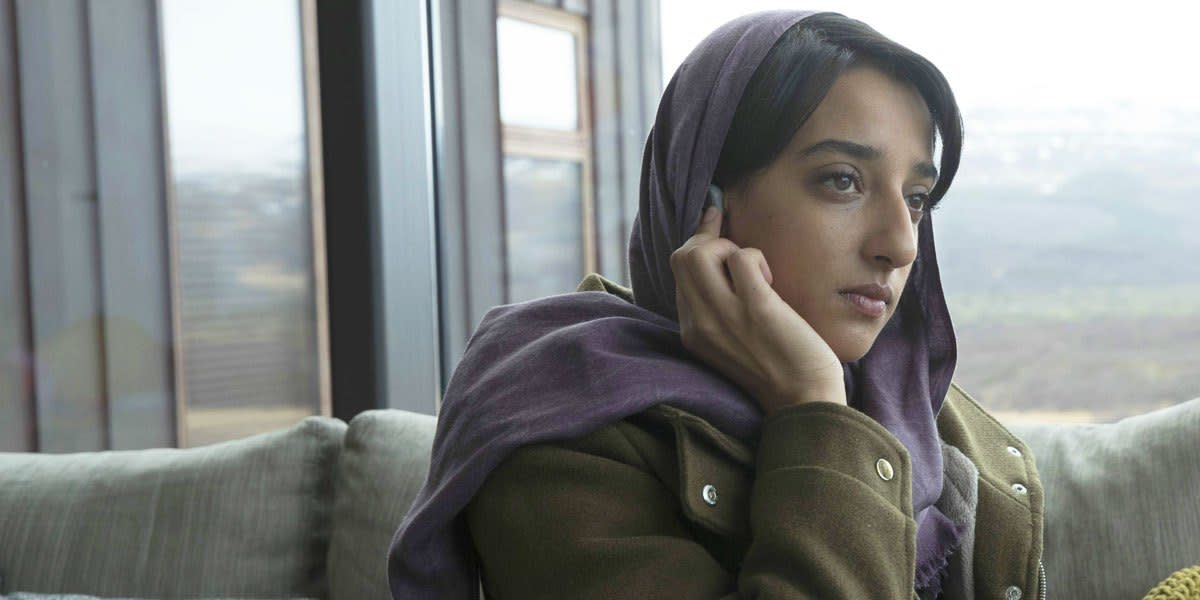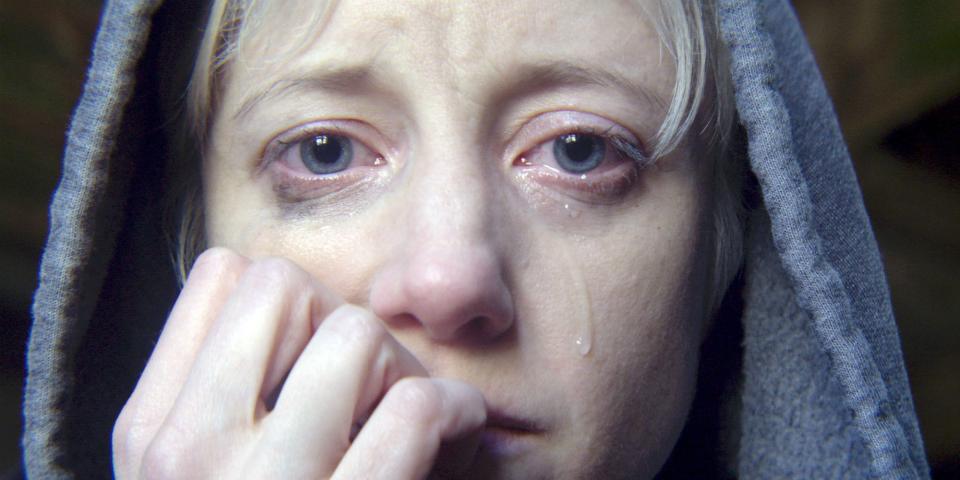Black Mirror S4 challenges the London-centric notion of Britishness

Twenty years ago, if you’d ask a non-British person what a British person sounded like they’d probably say Hugh Grant. The actor’s upper crust, Queen’s English sort of speak became the standard by which foreigners characterised the British accent thanks to his role in international hits Four Weddings and a Funeral and Notting Hill.
For a very long time, British people were either depicted across the pond with this “posh” RP (Received Pronunciation) voice like Hugh’s or Emily in Friends, or with a Cockney accent like the late Bob Hoskins in most things, with only a few films or TV shows that offered accents outside the M25.
Even now, some of the most popular TV series on Netflix perpetuate this London-centric notion. The Crown offers up the most aristocratic voices associated with Great Britain, while Fleabag and Sherlock are a little less posh in their delivery but still very much Southern in sound. Even the brilliant Chewing Gum and Luther depict London’s working class accents, so it’s really no wonder that when you tell most non-Brits where you’re from they want to know its location in relation to the British capital.
Of course, there are a few Netflix shows that have bucked the trend by being set in towns and cities outside of London – Peaky Blinders (Birmingham), Broadchurch (Dorset) and Happy Valley (West Yorkshire) – but the new season of Black Mirror has offered one of the broadest representations of the British people so far.
In “USS Callister” we have Michaela Coel portraying her natural East London accent while Maxine Peake’s Mancunian diction is clear as day in “Metalhead.” “Hang the DJ” sees Georgina Campbell’s Kentish voice shine through opposite Hammersmith-born Joe Cole who puts on a pretty good Manchester accent himself (having previously impressed with his Birmingham accent in Peaky Blinders). In that episode we also get the sweet-sounding Welsh accent from Gwyneth Keyworth, but it’s in “Crocodile” that a wealth of British regional accents are put on display.
Despite its obvious Icelandic setting, every accent heard is pretty much a British one. Andrea Riseborough swaps her natural Geordie timbre for a Scouse lilt as Mia Nolan to match Andrew Gower’s Merseyside accent as Rob.
Love that Crocodile is filmed in Iceland but has characters with Merseyside accents. My two favourite things #BlackMirror4 #crocodile #icelandlove
— Chris Doyle (@ChrisDoyle03) December 30, 2017
Scotland is represented beautifully through Kiran Sonia Sawar’s gorgeous Glaswegian cadence as Shazia Akhand and Jamie Michie’s Edinburgh elocution as Simon Nicholls. The episode showcased Claire Rushbrook and James Eeles as police officers who sound like they’re a part of the Met Police as well as Yorkshire lass Adelle Leonce as one of the accident witnesses, Noni Harper Brown. Even the hotel receptionist, played by Armin Karima, has a Northern twang.
This regional representation is exactly the type of thing TV shows and films need to be showcasing to ensure that talent from across Britain, not just the South, are getting recognised. Not every budding actor or actress has the privilege of living close to London where most auditions are carried out and casting directors frequent, or going to a drama school in the capital, which means that a lot of Northern would-be stars are getting overlooked.
It is also ridiculously hard for performers from working class backgrounds to get a foot in the door compared to those who come from privilege. Tom Hiddleston, Eddie Redmayne, Emma Watson and Benedict Cumberbatch are some of the most recognisable British faces and they all went to private school.

In 2016, the London School of Economics and Goldsmiths College conducted a peer-reviewed study that found acting is “heavily skewed towards the privileged” and just 27% of actors come from a working-class background. Even Maxine Peake has spoken of the struggle she faced trying to get into drama school. She was turned down three times by both Manchester Metropolitan University’s theatre school and Guildhall School of Drama before earning a place at the Royal Academy of the Dramatic Arts (RADA).
She spoke to the Guardian about what happened after being accepted: “Then, at the final workshop, they said to me, how are you going to pay for it if you do get in? And I said, ‘I can’t. There’s no way. I’m from a single-parent family, My mum works part-time. We’re skint.’”
Thankfully she managed to get a scholarship and, of course, has since become one of our most celebrated British actresses who has probably inspired more people from the North to follow her into the profession.
This is why it is important that Black Mirror champions not just ethnic minorities but regional minorities too, because Britain’s identity is defined not just by a Southern accent, but by it’s brilliant diversity and multiculturalism. That’s the face of Britishness we should forever be presenting through our entertainment outlets.
READ MORE
All the ‘Black Mirror’ Easter eggs from season 4
Jodie Foster’s superhero film criticism is unfair
Black Mirror’: Politics too quick for the show to tackle

 Yahoo Movies
Yahoo Movies 
